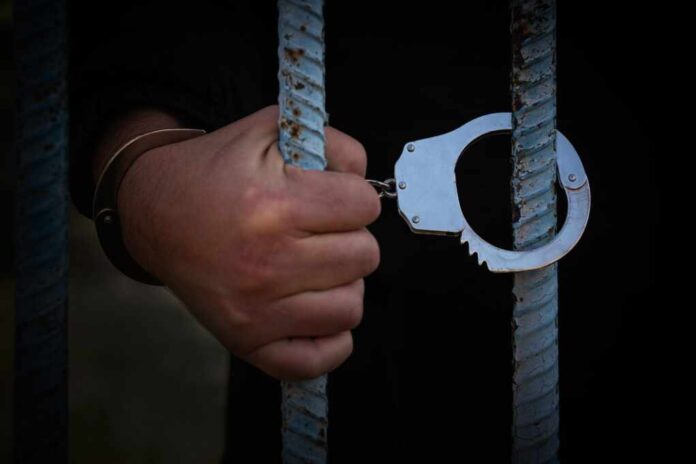
In 2023, 67% of Switzerland’s 9,297 prisoners were foreign nationals, according to the Swiss Federal Statistical Office. This stark figure has reignited debate over the impact of immigration on the nation’s justice system and public safety.
Since the 1980s, the proportion of foreigners in Swiss prisons has tripled. While this percentage has stabilized over the past decade, the overall number of inmates has surged. Men dominate the prison population at 90.6%, with women making up just 9.4%.
Many inmates are incarcerated for minor offenses, such as petty theft, often serving sentences between five and 90 days. In some cases, failure to pay fines results in imprisonment, further contributing to the numbers.
Though the 2023 breakdown of foreign prisoners is unclear, earlier data offers insights. In 2020, Algerians and Romanians represented the largest groups of foreign inmates. A significant portion of prisoners are non-EU nationals, though Switzerland also has many European residents.
This trend is not isolated to Switzerland. In Germany, over half of the prison population consists of foreigners, imposing significant financial burdens on taxpayers. These parallels underscore the challenges European nations face in balancing immigration policies with public safety concerns.
The high rate of foreign prisoners in Switzerland highlights the need for comprehensive reforms addressing both immigration and justice system inefficiencies, as the strain on public resources continues to grow.

























